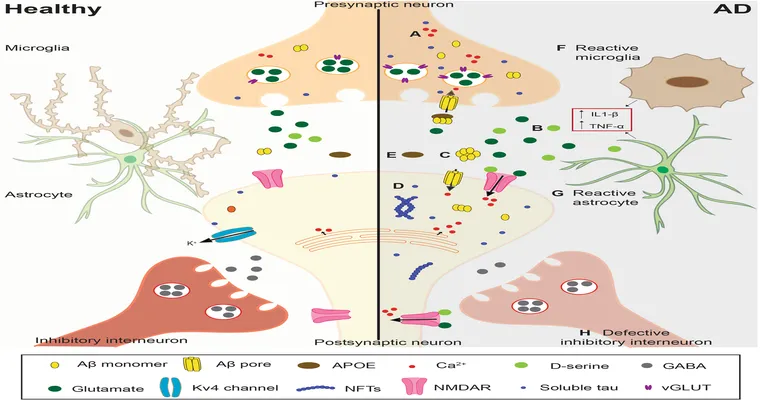The relationship between "increased arguing" and "dementia" has become a topic of interest among researchers and health professionals. As families navigate the complexities of aging, the emotional dynamics within households can shift dramatically. Understanding whether heightened conflict is linked to cognitive decline is critical for both mental and emotional well-being. This article explores the potential connections between frequent arguments and the onset or progression of dementia.
Dementia is an umbrella term that encompasses various cognitive impairments, including Alzheimer's disease and vascular dementia. As the population ages, the prevalence of these conditions rises, leading to increased research into their causes and risk factors. While the primary causes of dementia are well-documented, the role of interpersonal relationships and communication styles, particularly "increased arguing", is gaining attention.
Studies indicate that stressful environments can exacerbate cognitive decline. Frequent arguments can create a "toxic atmosphere" that may affect mental health, potentially leading to anxiety and depression. These conditions are known risk factors for dementia. When individuals experience prolonged stress, their brain health can suffer, and cognitive functions may decline more rapidly.
Moreover, social interactions play a crucial role in maintaining cognitive health. Engaging in regular, positive communication can stimulate the brain and promote cognitive resilience. In contrast, "increased arguing" can lead to social isolation, where individuals withdraw from relationships to avoid conflict. This isolation can deprive them of necessary social interactions that are vital for mental stimulation.
Another aspect worth considering is the emotional toll that "increased arguing" takes on families. When arguments become a routine part of family life, they can lead to unresolved issues and resentment. This emotional burden can contribute to "mental fatigue", impacting overall cognitive function. Individuals who are constantly embroiled in conflict may find it challenging to focus on tasks, remember important information, or engage in meaningful conversations.
Furthermore, there is emerging evidence suggesting that "chronic stress" can lead to physical changes in the brain. Prolonged exposure to stress hormones can damage the hippocampus, a region crucial for memory and learning. This suggests that families experiencing frequent arguments might inadvertently create an environment that is not conducive to healthy cognitive aging.
To mitigate the potential risks associated with "increased arguing", it is essential to foster healthier communication styles within families. Encouraging open dialogue, practicing active listening, and resolving conflicts calmly can significantly improve the emotional climate of a household. Families should consider implementing conflict resolution strategies and seek professional help if necessary.
In conclusion, while the correlation between "increased arguing" and "increased dementia" is not definitively established, the implications of chronic stress and negative interactions can have detrimental effects on mental health. As research continues to evolve, it is crucial for families to prioritize healthy communication practices to support cognitive health and overall well-being. Creating a supportive and understanding environment may not only enhance relationships but also contribute to a healthier brain as we age.





